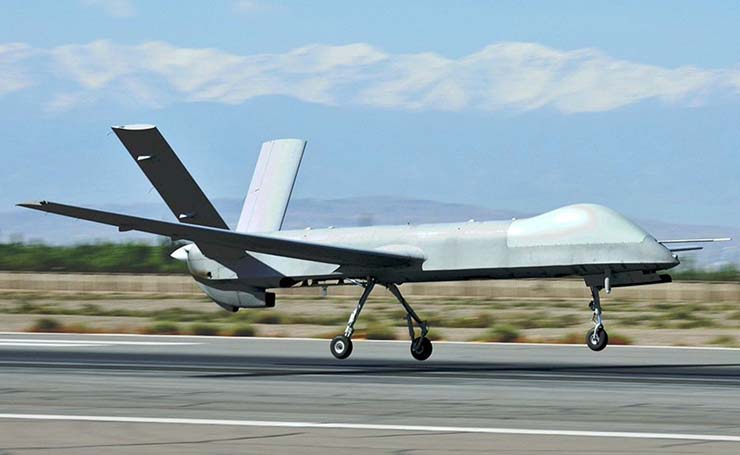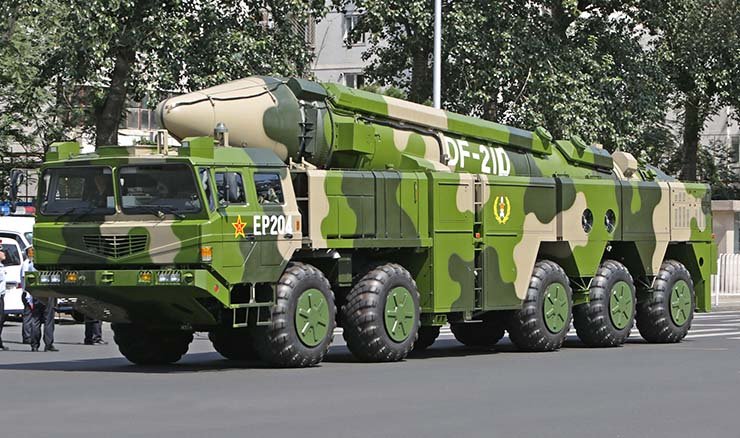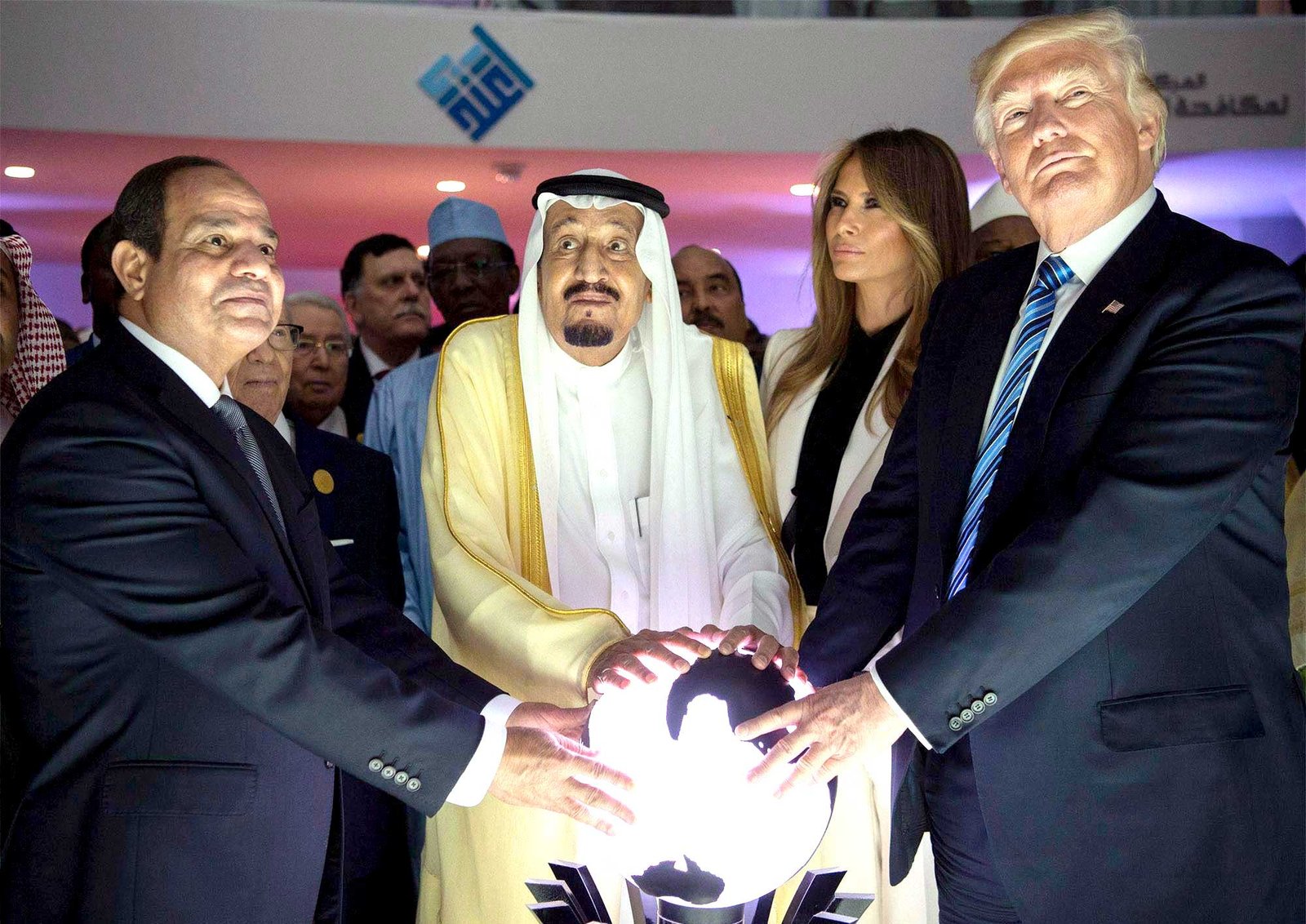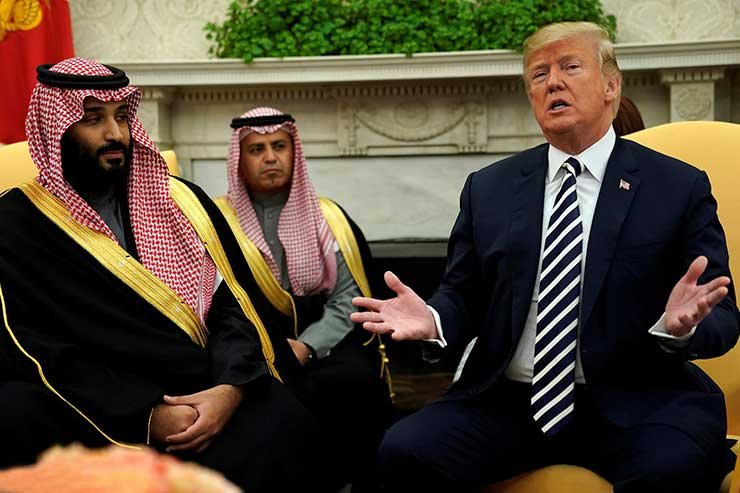
Tel Aviv. China is charging ahead into the arms market of the Gulf states. This is at the expense of the US defence industry as also in a parallel effort to extract technical data about US made weapon systems used by these states.
Israeli experts say that while there is no way the Gulf states will completely turn to China for main weapons systems, there is another danger in this marketing offensive.
“I don’t see the Saudis or other Gulf states stopping to buy weapon systems from the US, but the Chinese have a long range plan – they want to place their experts and technicians that come with their systems, near to the US made ones used by Gulf states armed forces, and that will allow them to gather critical data,” Maj Gen (Ret.) Amos Gilead told Raksha Anirveda.
Gilead served as Director of Policy and Political-Military Affairs at the Ministry of Defense, Israel. During his thirty years of service at the Israel Defense Forces (IDF), Gilead held among other positions – Head of the Military Intelligence Research Division; IDF Spokesperson and Military Secretary of Prime Minister and Defense Minister Yitzhak Rabin.
The Chinese effort is gathering momentum. Last year China Shipbuilding Industry Corporation (CSIC) announced it had set up a representative office in Dubai to expand sales across the Gulf region.
The company, which developed and built China’s first home-grown aircraft carrier, said the office was its first overseas and would focus on pursuing both military and civilian business opportunities.

China’s arms exports to the West Asia jumped 38 per cent in the 2013-17 period from the previous five years, and it is now the fifth-largest arms exporter in the world supplying weapons to 48 countries.
Since 2014, China has sold more than 30 CH-4 drones to countries such as Saudi Arabia, though its arms exports to the Kingdom in 2017 totalled about US$20 million – compared to US$3.4 billion from the United States.
-Maj Gen (Ret.) Amos Gilead, Israel Defense Forces (IDF)
Last year US intelligence got proofs that Saudi Arabia has significantly escalated its ballistic missile programme with the help of China. Classified intelligence indicates Saudi Arabia has expanded both its missile infrastructure and technology through recent purchases from China.
Saudi Arabia has a limited ballistic missiles arsenal consisting of the Chinese Dongfeng-3 (NATO: CSS-2), and reportedly the Dongfeng-21 (DF-21; NATO: CSS-5).
China has also sold its Wing Loong II drone to the United Arab Emirates (UAE), and Qatar has bought its ballistic missiles.
According to Yoel Guzansky, a senior researcher in the Institute for National Security Studies (INSS), China’s increased arms sales to the West Asia have triggered concern from nations such as Israel and the US.

He pointed to a rare statement made recently by David Schenker, US Assistant Secretary of State for Near Eastern Affairs.
The State Department’s top diplomat was quoted by Reuters as saying that countries in the region should be wary of Chinese aid, which he said was often “predatory.”
Schenker also said there was concern about the participation of Chinese firm Huawei in building part of the 5G infrastructure in the Gulf, which hosts the US Navy’s Fifth Fleet and the largest American military base in the region. Guzansky added that it was the first time that the US officially warned about the huge Chinese effort in the Gulf states.
“There is another aspect – While the US is limited in what weapon systems it can export, China has no limits and the Gulf states are buying big numbers of attack drones and other systems like cruise missiles.”
Last year, the Royal United Services Institute said China was a significant supplier of military drones to West Asian countries, especially those that are barred from importing from the US.
Relations in the Trump era between the United States and Saudi Arabia and other Gulf states are proclaimed by both sides as close ties that contribute directly to the promotion of shared interests.
Guzansky added that an examination of the issues currently on the agenda between the United States and the Gulf states, and particularly between the United States and Saudi Arabia, indicates that the various parties have found it difficult to live up to the high expectations created by the election of Donald Trump regarding their relations.
“Public testimony to the discontent that exists among America’s traditional allies in the Gulf region was articulated by the United Arab Emirates Minister of State for Foreign Affairs, who stated in 2018 that they were finding it difficult to rely on American and British aid, in implied reference in part to the war in Yemen.”
According to the researcher, President Trump’s May 2017 visit to Riyadh, and his meeting with Crown Prince Mohammad Bin Salman at the White House in March 2018, dealt with major arms deals that the administration is trying to advance in an effort to reduce the military burden on the United States, create jobs in the United States, and help Saudi Arabia contend with the threats it faces and demonstrate American commitment to Saudi security.

“Thus far it is unclear to what extent these commitments have been translated into actual deals, although the administration still appears excited by the positive impact these deals will have on the US economy.”
So the Chinese are offering and selling a large variety of weapon systems to the Gulf states, and that turn on a red lamp in certain Israeli security organisations. “China is a top expert in extracting data from systems made by the West. Their increasing sales of different weapon systems to Gulf states traditional customers of US defense industry open a big door to the Chinese data collection apparatus,” one Israeli expert said.
– The writer is an Israel-based freelance journalist. Views expressed are personal and do not necessarily carry the views of Raksha Anirveda








